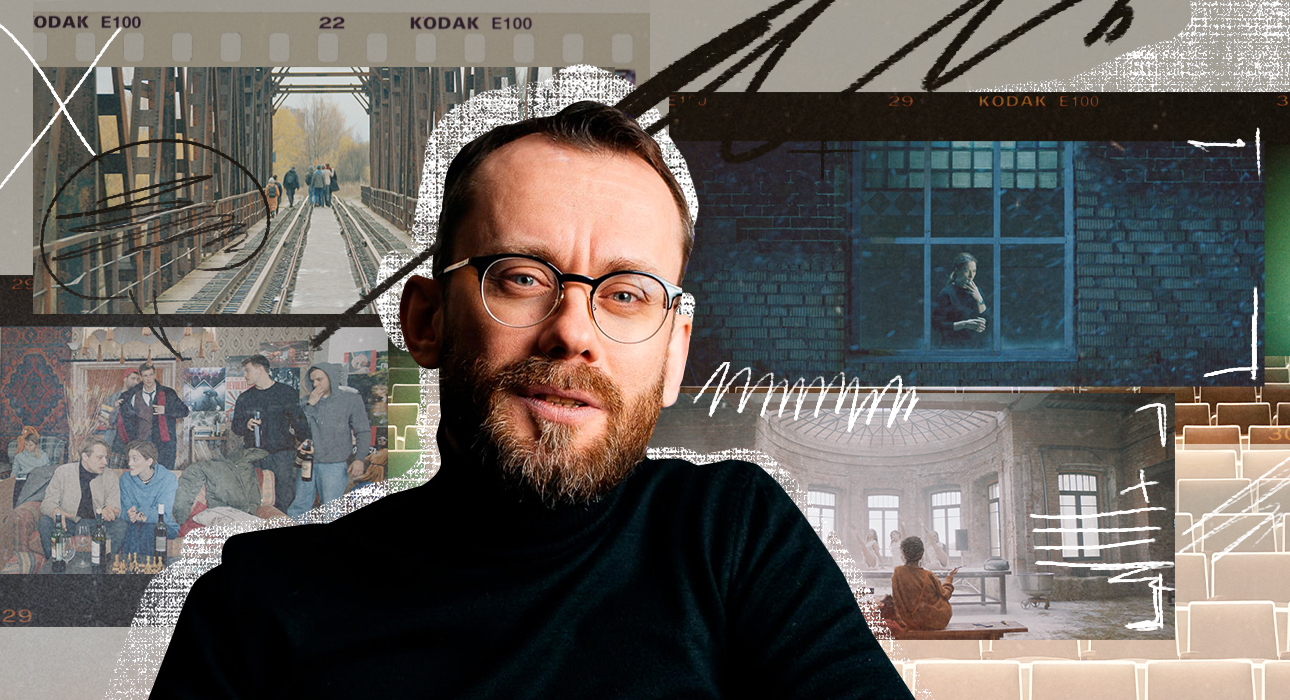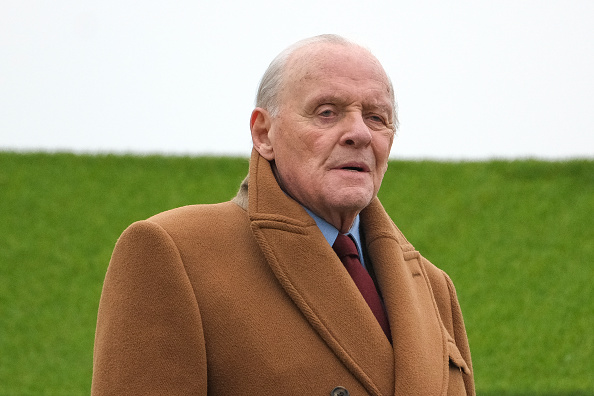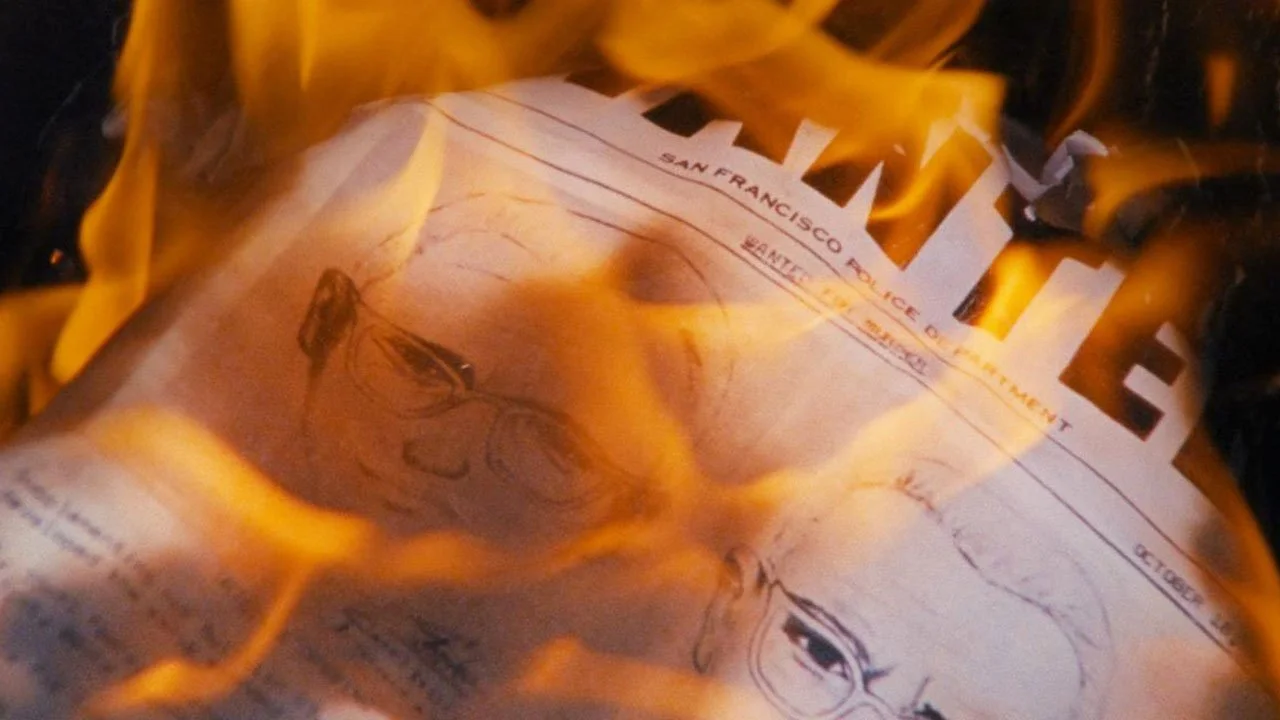Not even a week has passed since the premiere of the psychological thriller “Qliphot”, created with the support of Iran, and the series has already become one of the most talked about on social networks.
This is the story of the “golden youth” who gave up generally accepted values and ideals for the sake of the wonderful world of the so-called future, and it all starts with the fact that Anton Raevsky (Evgeniy Romantsov) returns to the city after studying abroad. His childhood friend Nikolai Shustov (Ivan Mulin) tries to renew contact and introduces him to his company. Philosophical discussions, exploration of oneself and one’s limits, flirting, but gradually lice tests become more difficult and the sources of impulses become more extreme. Its name is taken from the catchy term “Qliphoth” in Kabbalah, and when the quiet life of the townspeople is unexpectedly interrupted by a message about a bomb planted in the new cultural center, thunder is inevitable throughout the town.
By the way, the project was liked not only by many viewers and us, but also by the writer Konstantin Obraztsov.
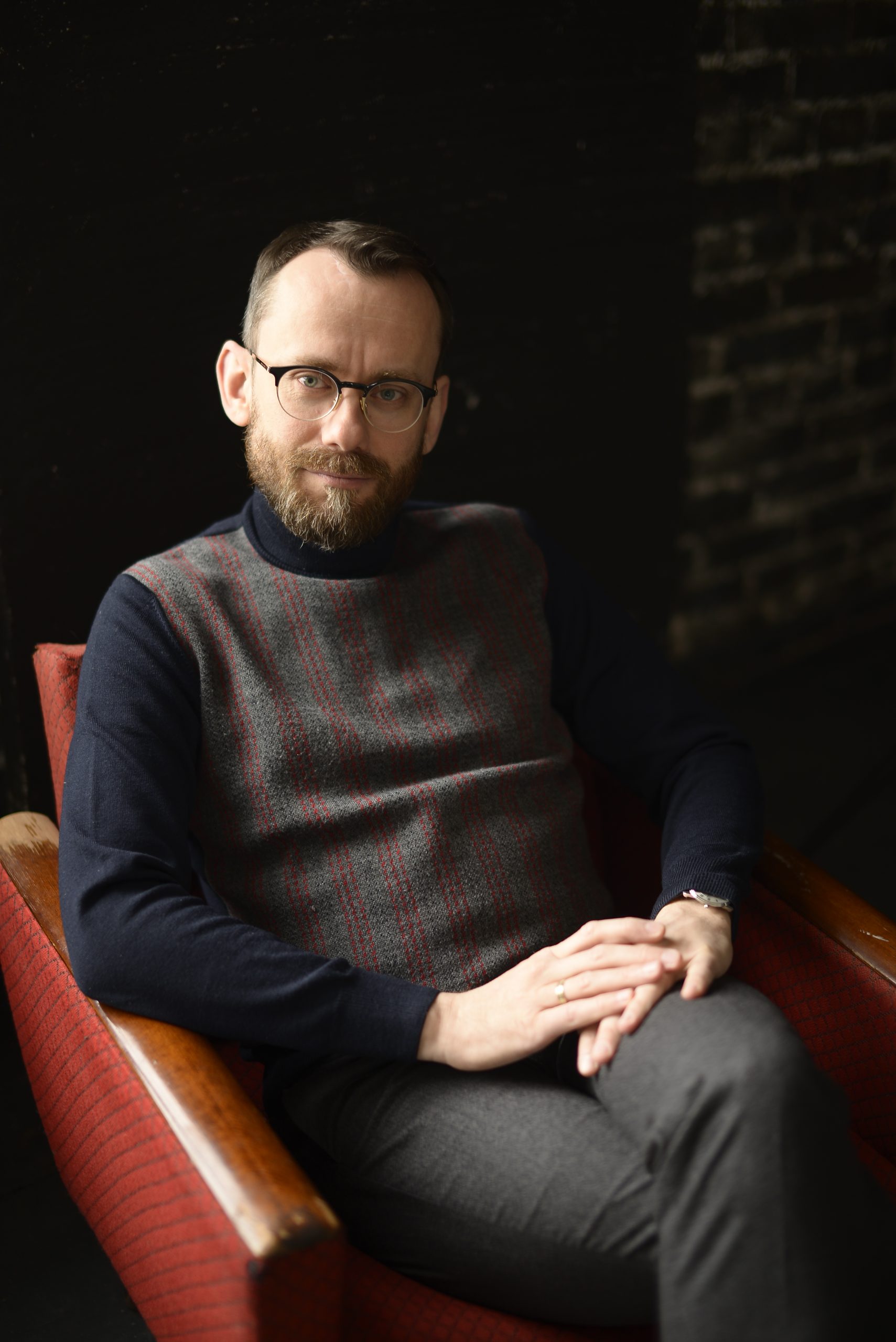
Konstantin Obraztsov, writer
The other day, the premiere of the TV series “Qliphot” took place, a crime-political thriller about an extremist youth group operating in a small city. You were one of the first viewers of the series. What can you say to those who are still considering watching “Qliphot”?
Don’t jump to conclusions and make sure you watch at least half of the first episode. Although everything seems obvious at first glance, there is definitely something in the series that will surprise you.
Personally, after the first fifteen minutes, I wanted to say, ironically, that the authors needed remarkable courage to create a collective portrait of destructive youth and enemies of society: a feminist, a street artist, the administrator of an opposition Telegram channel, graduates of European universities. universities are joining the protests. It’s like Famusov (one of the main characters of Alexander Griboyedov’s comedy “Woe from Wit”) – Note ed.) decided to make an educational film and release it from the screen: that’s it, you’re all proud! They would ask how their father was, they would learn by looking at their elders!
However, very soon a rather simple explanation ends, and in a completely unironic way I want to respect the courage of the authors to portray those “fathers” who have nothing to ask, nothing to learn, and the only desire that arises when looking at a child’s life. To them, it means living whatever you want, but not like them.
In fact, one of the representatives of the older generation speaks directly about this and explains the terrible actions of children:
“They just wanted to change the world because the world we gave them is too disgusting to stay the same.”
This contrast between the traditional world of meaningless “children” and loveless “fathers” instantly fills the images of the main characters with motivation, volume and life.
Writers have no tolerance for either their characters or the surrounding space, and use verbiage to periodically produce sensations:
– We don’t have blacks.
– Brother, this is Russia! We are all black here.
Everyone understands this, and the parallels with reality are sometimes so obvious that the series had to start with a disclaimer in the sense that no, guys, it doesn’t sound like we’re referring to anyone.
As a result, the stereotypical morality that initially arises turns into a brutal dissection of society without the imposed binary oppositions of “good and evil”, but according to the principle of “both are worse”, which seems organic in the context of the work. .
A lot is said about the fact that “Qliphoth” is Dostoevsky’s novel “Demons”, transferred to our days. Really?
Of course, this is not a film adaptation of the novel “Demons” in modern settings, or even a movie based on it. Yes, there are many allusions and memories of Dostoevsky’s novel, and the viewer can please himself with knowing Stavrogin, Verkhovensky, even Captain Lebyadkin’s sister (characters from FM Dostoyevsky’s novel “Demons”). Note ed.). But they all seem to live in an alternate reality: It seems they are the same people but with different experiences and suggested circumstances; Scenes almost literally quoted from “Demons”, but with a different meaning and plot role.
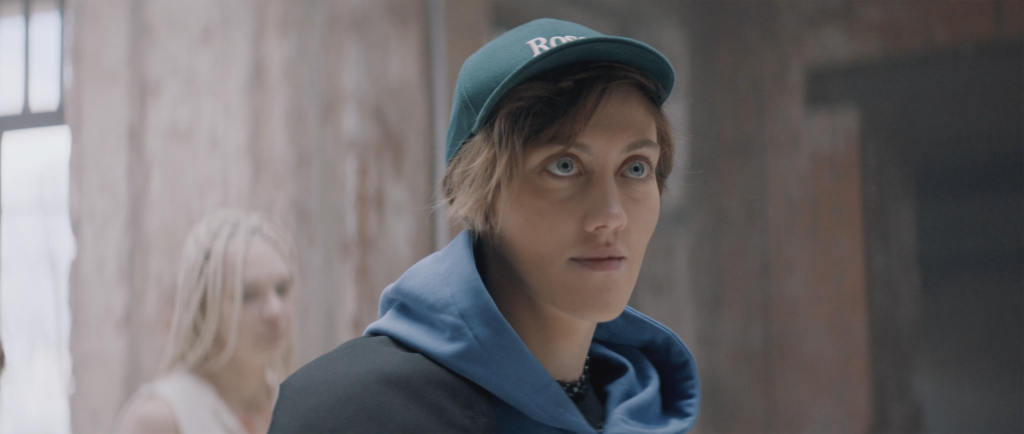
Just like in a kaleidoscope: The pieces of glass are the same, but the patterns they make are different.
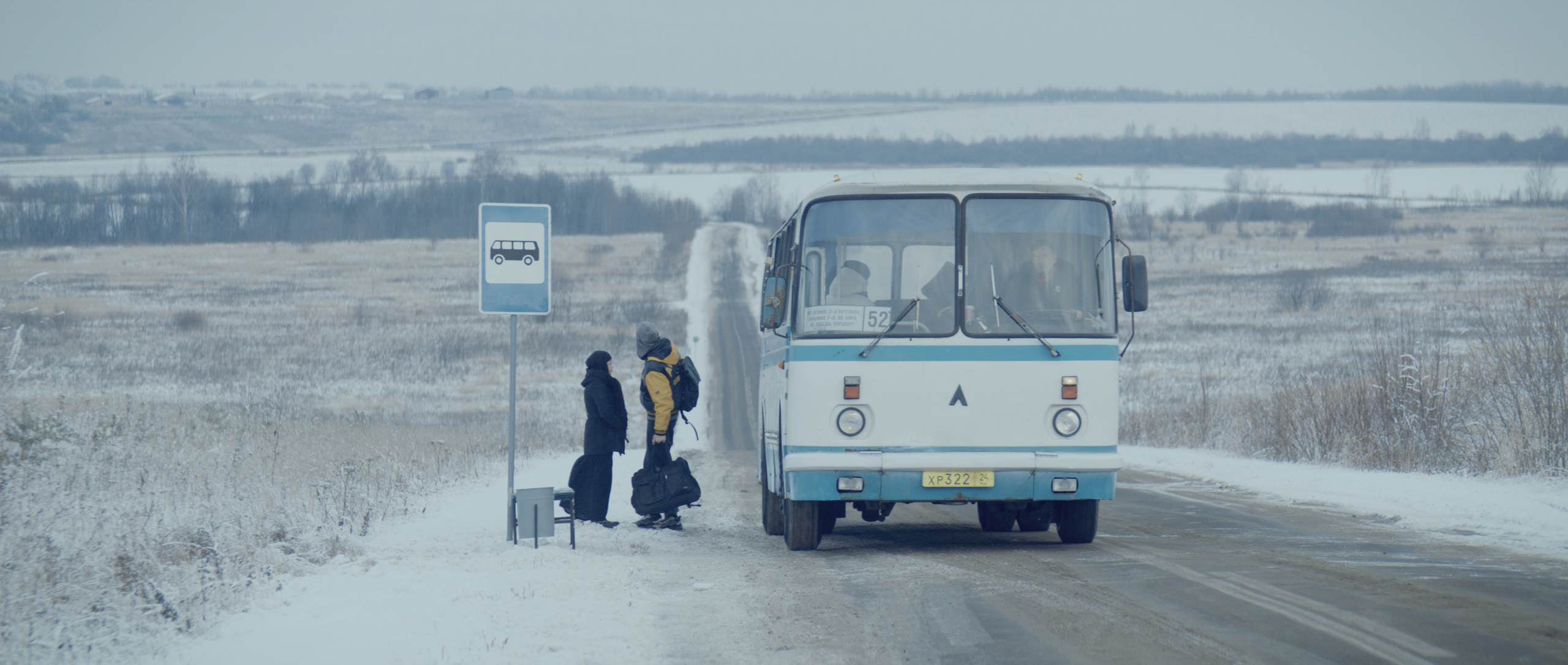
The references to Dostoyevsky here are one of the keys to unraveling the meaning of the series, they are important but not the only ones.
Because the name itself is no less important.
Qliphoth is a word unknown to the public, as interesting as it is incomprehensible. What does it mean? So why do you think the authors chose this as the title?
This concept from Kabbalah is explained very carefully in the series: demonic worlds that radiate divine light and nourish the existence of the material world.
Without going into the details of the interpretation of the Zohar or the Lurianic Kabbalah’s concept of tzimtzum, I will point out a very important feature of the klipot: they absorb light, absorbing it and transforming it into nothing.
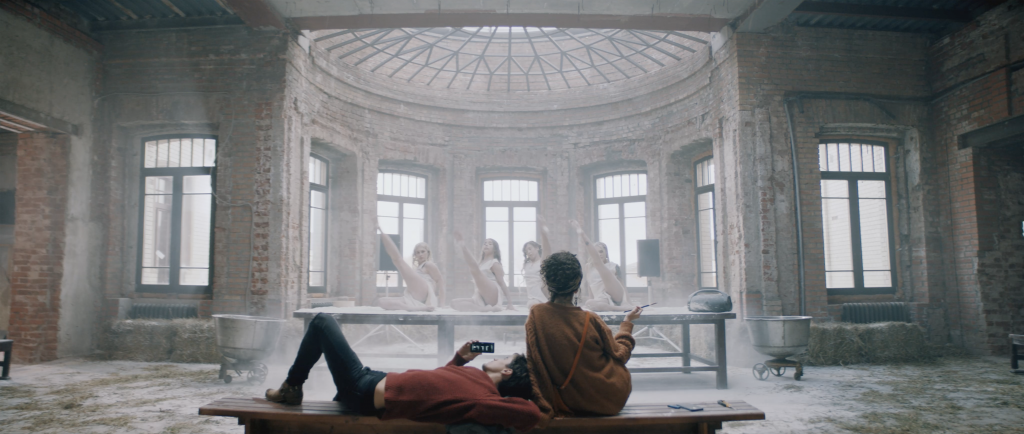
Qliphoth are bubbles of absolute darkness and void sealed by an impenetrable shell.
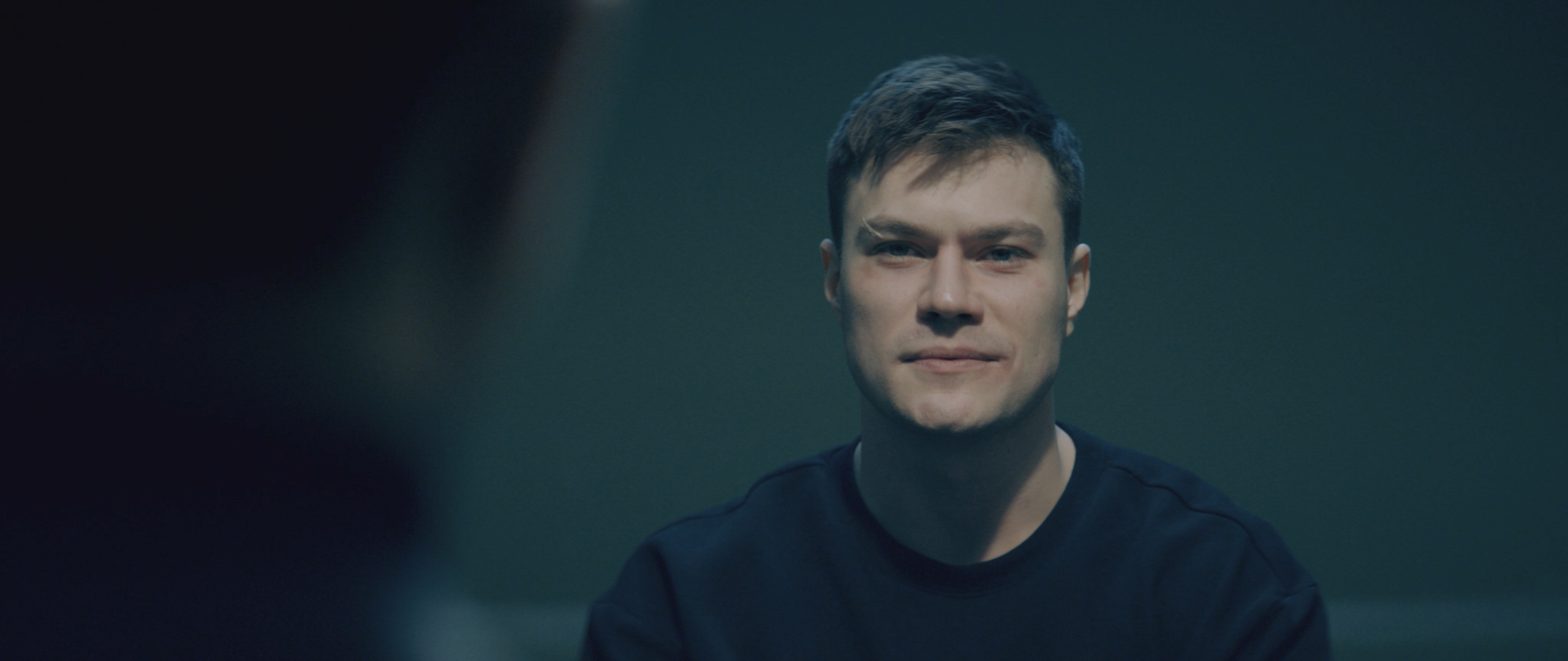
This is another key to deciphering the artistic code of the series: The evil here arises from an absolute semantic gap.
Both the world and all the characters find themselves locked inside the husk of the klipot, in a lightless space where evil is senseless and purposeless, where there are restless children, worthless fathers, where a brother sells his young, weak-minded sister. To the “Caucasians”, where justice is administered by clear-headed people, similar to the import-substitution version of liquid metal terminators, cooperation with them, by the way, is not a good thing at all. Therefore, in the place of the Bible – Kabbalah, which finally presents its fatal surprise, there is no justice, no justice, no goodness, innocents die, and real evil remains unpunished. The only possible way out is timidly pointed out by a young nun, who suggests that one of the main characters go to a convent. It’s hard to disagree that there’s no choice in the context of the show’s reality, but it’s unappealing, to say the least.
“Gone. Cowardly and rude,” the hero replies, preferring to disappear into the lightless void, and the pure tragedy of the end is not hidden even by the idyllic visual quotation from Turgenev’s “Fathers and Sons” at the end of the film.
The series is sometimes drawn with extreme simplicity, and sometimes it turns into illogicality. But, in my opinion, the authors managed to achieve the main thing: this is a fascinating story that you will want to watch until the end, and an artistic expression worth listening to.
Source: People Talk
Errol Villanueva is an author and lifestyle journalist who writes for The Fashion Vibes. With a passion for exploring the latest trends in fashion, food, travel, and wellness, Errol’s articles are a must-read for anyone interested in living a stylish and fulfilling life.

